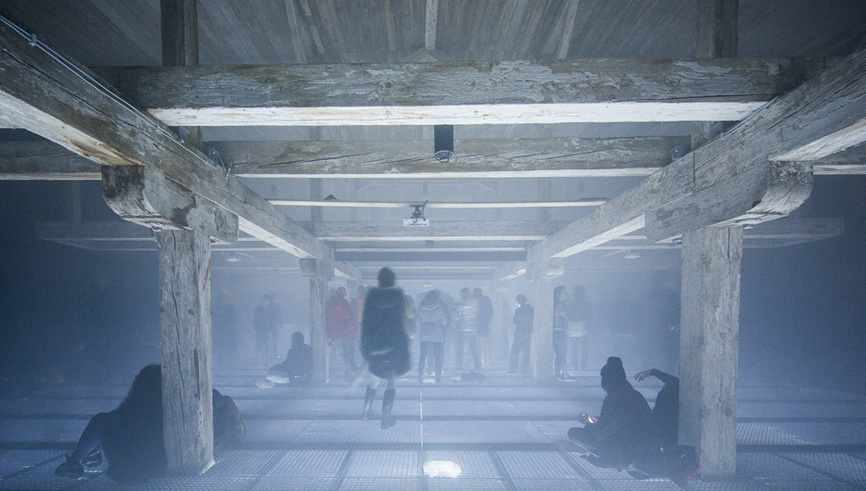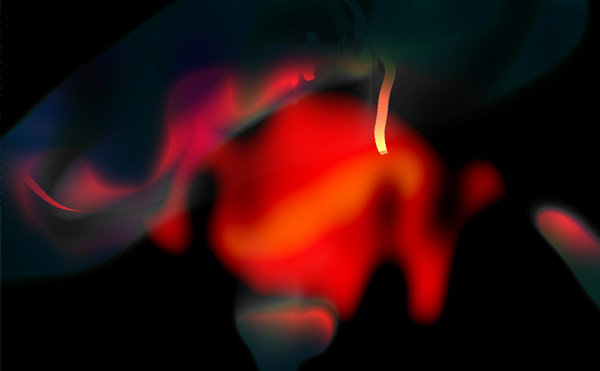P.I. Tchaikovsky
Tchaikovsky was a leading Russian composer of the late 19th century, whose works are notable for their melodic inspiration and their orchestration. He is regarded as the master composer for classical ballet, as demonstrated by his scores for Swan Lake, The Nutcracker, and Sleeping Beauty. Among the most subjective of composers, Tchaikovsky is inseparable from his music. His work is a manifestation, sometimes charming, often showy, of repressed feelings that became more and more despairing in later years and were most fully expressed in his Sixth Symphony , one of the greatest symphonic works of its time. Though his later work rejected conscious Russian nationalism, its underlying sentiment and character are as distinctively Russian as that of the Russian nationalist composers. His success in bridging the gulf between the musician and the general public partly accounts for the position he enjoys in Russia, as well as throughout the world of music.
No composer since Tchaikovsky has suffered more from changes of fashion or from the extremes of over- and under-valuation. He achieved an enormous popularity with a wide audience, largely through his more emotional works; but the almost hypnotic effect that he was able to induce led to serious questioning of his true musical quality. He is certainly the greatest master of the classical ballet. His last three symphonies are deservedly famous, and to these should be added the neglected Manfred Symphony, the First Piano Concerto and the Violin Concerto. Notable among his other orchestral works are the early Romeo and Juliet Overture and the exquisite Serenade for Strings. Of the operas, Eugene Onegin is a masterpiece and The Queen of Spades dramatically effective. His chamber music includes string quartets, solo piano music and many fine songs.
Related:
 4DSOUND: A Retrospective (2017)
4DSOUND: A Retrospective (2017)  Symphony No. 6: ‘Pathetique’ (1893/2013)
Symphony No. 6: ‘Pathetique’ (1893/2013) Pathetique (2013)
Pathetique (2013)  'Drifting in Void: Emerging practices with spatial sound' (2017)
'Drifting in Void: Emerging practices with spatial sound' (2017)  ‘4DSOUND: A Retrospective’ (2015)
‘4DSOUND: A Retrospective’ (2015)